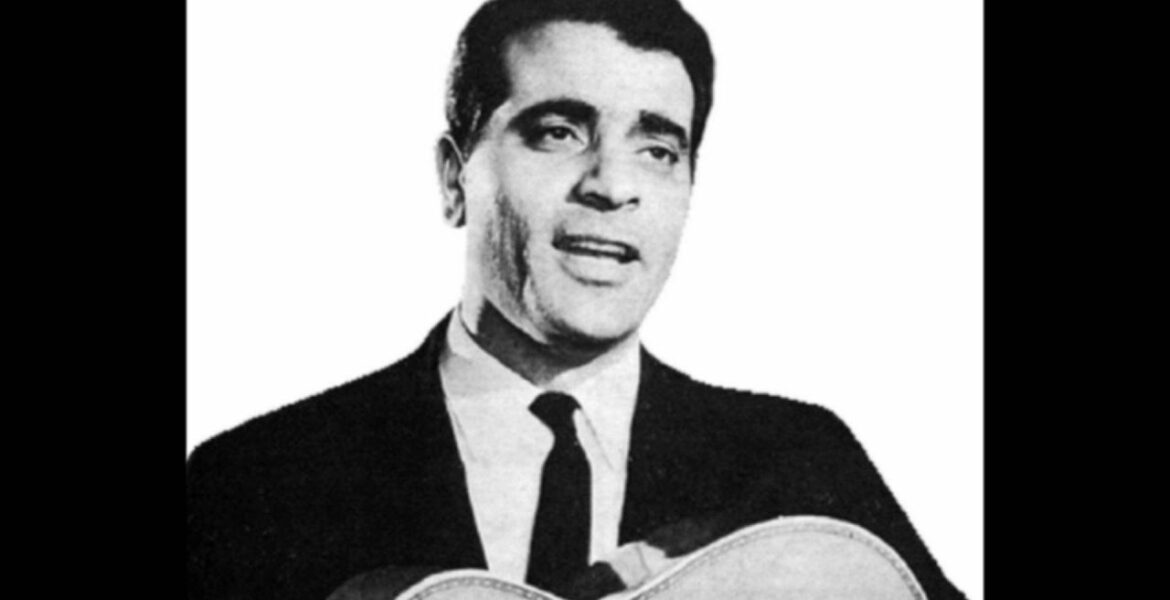Stelios Kazantzidis, singer, born August 29 1931; died September 14 2001
Kazantzidis was born in Nea Ionia, one of the refugee neighbourhoods that sprang up in Athens after the destruction of the ancient Greek homelands of Anatolia with the end of the Ottoman Empire and the birth of Ataturk's Turkey in the 1920s.
From his mother and grandmother, he learnt many songs about xenitia - the life of uprooted Greeks in foreign lands - and how to inject klama (crying) into the voice.
During the Nazi occupation, his family fled to a village in northern Greece. He developed a lifelong respect for animals and farming and, gradually, a hatred for the state, "thieving" bankers and record producers.
In 1947, his father died from his beatings during and after the war as a communist.
Young Stelios provided for his mother and younger brother by selling cigarettes around central Athens. Eventually, he started earning his living by singing in tavernas.
His life changed when the owner of a factory, which was located in the Perissos working district, gave him a guitar. He spent long hours playing music. He made his first public appearance at a Kifissia night club in the early 1950s and soon after, in July 1952, made his first studio recording at Columbia studios with a song entitled "I'm going for a swim" (Για μπάνιο πάω), written by Apostolos Kaldaras.
He met his first great love during national service, who we know only through the pseudonym "Kate Gray".
She was an older brunette who liked to peel his olives, cook for him, and learn about love.
As a soldier, Stelios was persecuted by his right-wing officers.
In those days, the bouzouki , an instrument of the urban classes, was considered more dangerous than a Molotov cocktail. He was exiled for a while on the island of Macronisos and tortured.
In the 1950s, he began working with Rembetika giants like Manolis Hiotis, Vasilis Tsitsanis and Mikis Theodorakis - Kazantzidis turned many of their compositions into enduring hits.
After separating from "Gray", in 1955, he met the singer Marinella, then the talented teenage daughter of Greek refugees from Istanbul. They fell in love, and he launched her career.
She often protected him from the violence that came with the business. Eventually, they married but divorced amicably in 1965.
During the colonels' junta (1967-74), Kazantzidis was singled out by the regime for punishing taxation. Locked into an unhappy record deal, he made no recordings between 1975-87, although he remained a star.
His music was also beloved by the Greek diaspora worldwide,
Kazantzidis died of a brain tumour on 14 September 2001. His death was an emotional event for Greece.
Kazantzidis was given a state funeral through the streets of Elefsina (26 km from Athens), which was broadcast live on Greek television.

